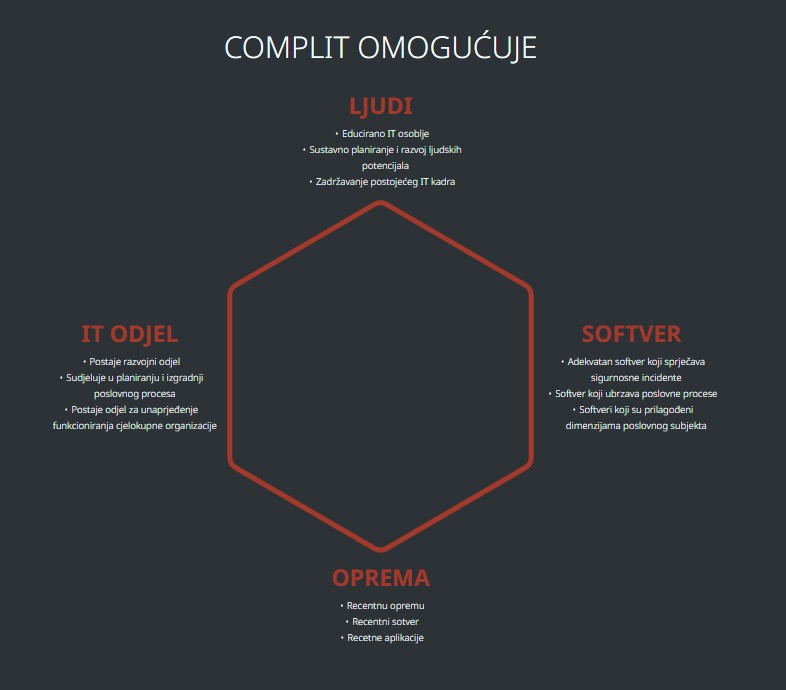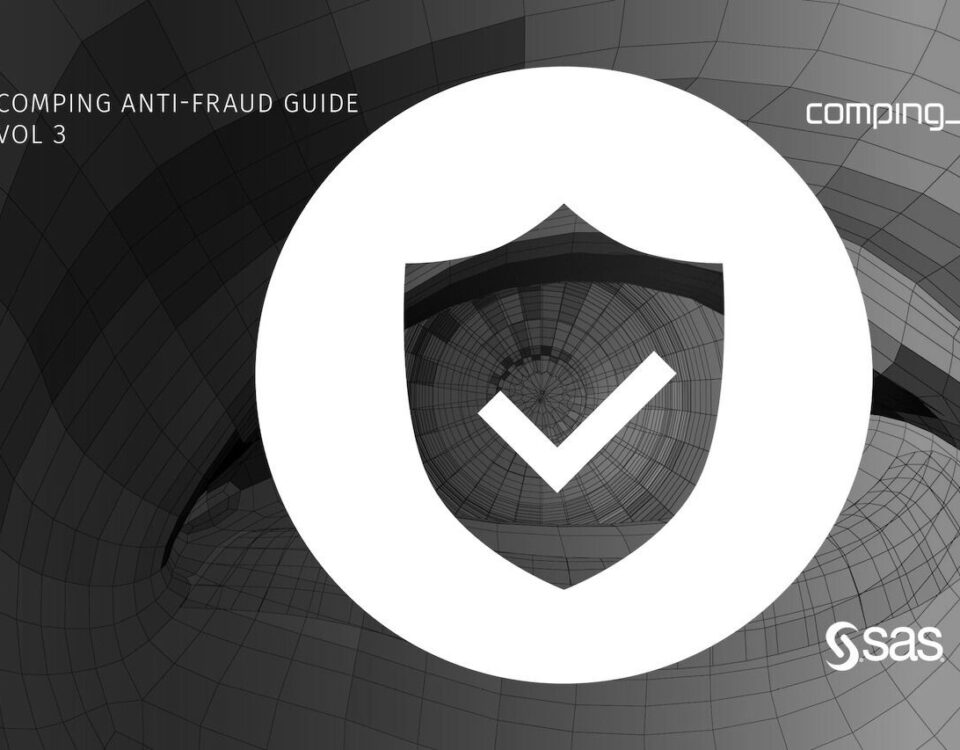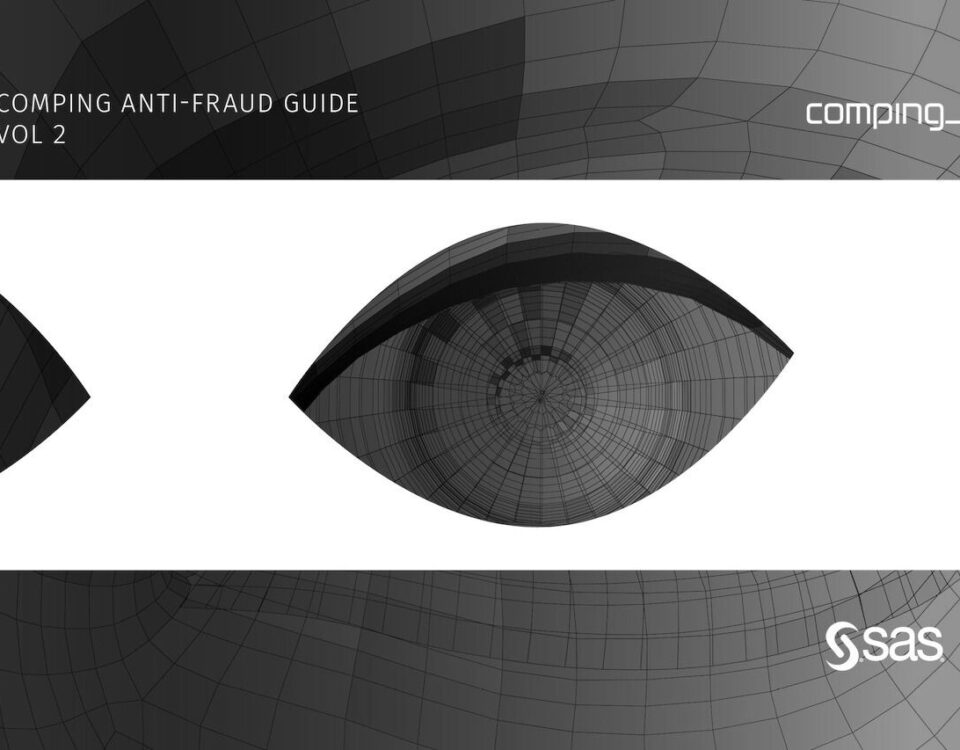Microsoft has officially announced the end of support for Windows 10, which at first glance may seem like a technical detail for most users. However, for business users, this is a serious strategic issue that can impact the company's security, productivity, and financial stability. Once security updates stop, every new vulnerability becomes a potential entry point for cyberattacks.
Ransomware, phishing, and other forms of malicious software can compromise business data, halt critical processes, and result in significant remediation costs. In addition to security threats, there is also the problem of compatibility, as new applications and business tools will gradually stop functioning properly, directly reducing employee productivity.
Regulatory risk should also not be overlooked, as using outdated systems can lead to non-compliance with data protection regulations such as GDPR, which opens the possibility of substantial fines.
One of the most common mistakes companies make is delaying migration planning. When the decision is made at the last minute, the transition process often becomes expensive, chaotic, and disruptive to operations. Large, unplanned hardware purchases further increase financial pressure and create operational complications. Another common mistake is ignoring the user experience. A sudden and unprepared transition can lead to downtime, employee frustration, and reduced efficiency.
To avoid these risks, it is crucial to begin with an assessment of the current state—identifying which computers can support Windows 11 and which need to be replaced. The planning phase should include priority departments and key business functions to ensure a gradual and controlled migration. Increasingly, companies are choosing flexible subscription-based models instead of large one-time investments, enabling costs to be spread over time while also including maintenance, support, and security updates.
One such solution is ComplIT, a turnkey subscription-based workplace model. ComplIT provides equipment procurement and replacement, security and technical support, software installation, regular updates, and real-time device monitoring.
Thanks to the flexible pay-per-device model, companies avoid large upfront investments, and the migration takes place without downtime or unexpected costs. ComplIT thus ensures a safe and gradual transition to Windows 11 with full control over IT resources.

Microsoft has officially announced the end of support for Windows 10, which at first glance may seem like a technical detail for most users. However, for business users, this is a serious strategic issue that can impact a company’s security, productivity, and financial stability. Once security updates stop, every new vulnerability becomes a potential entry point for cyberattacks.
Ransomware, phishing, and other forms of malicious software can compromise business data, halt critical processes, and cause significant remediation costs. In addition to security threats, compatibility challenges also arise, as new applications and business tools will gradually stop functioning correctly, directly reducing employee productivity.
Regulatory risk should not be overlooked either, as using outdated systems can lead to non-compliance with data protection regulations such as GDPR, opening the possibility of substantial fines.
One of the most common mistakes companies make is delaying migration planning. When the decision is made at the last moment, the migration process often becomes costly, chaotic, and disruptive to business operations. Large, unplanned purchases of new equipment further increase financial pressure and create operational challenges. Another common mistake is ignoring the user experience. A sudden and unprepared transition can result in workflow interruptions, employee frustration, and decreased efficiency.
To avoid these risks, it is crucial to begin with an assessment of the current state—identifying which computers can support Windows 11 and which need to be replaced. The planning phase should include priority departments and key business functions to ensure a gradual and controlled migration. More and more companies today are choosing flexible subscription-based models instead of large one-time investments, enabling them to spread costs over time while also receiving maintenance, support, and security updates.
One such solution is ComplIT, a turnkey subscription-based workplace model. ComplIT provides equipment procurement and replacement, security and technical support, software installation, regular updates, and real-time device monitoring.
Thanks to its flexible pay-per-device model, companies avoid large upfront investments, and migration takes place without downtime or unexpected costs. ComplIT ensures a safe and gradual transition to Windows 11 while giving organizations full control over their IT resources.



